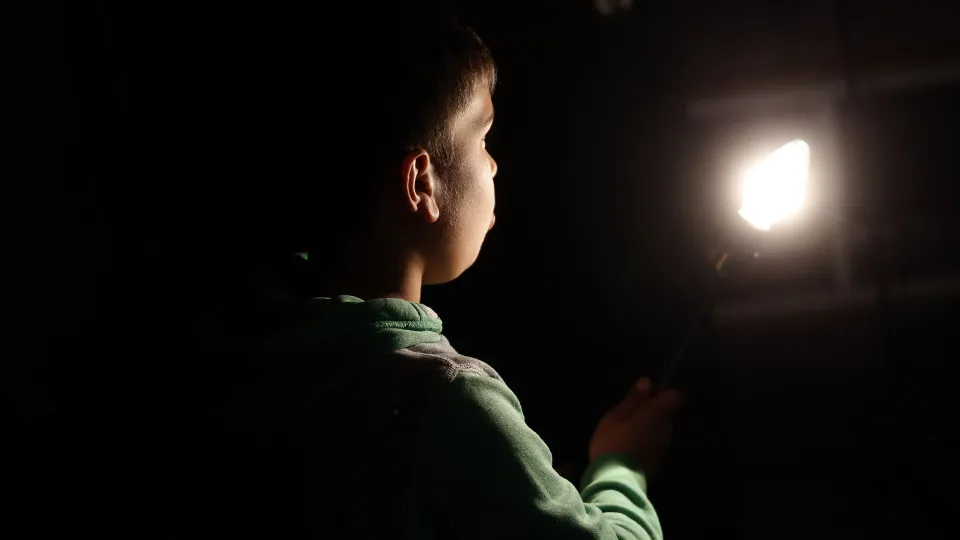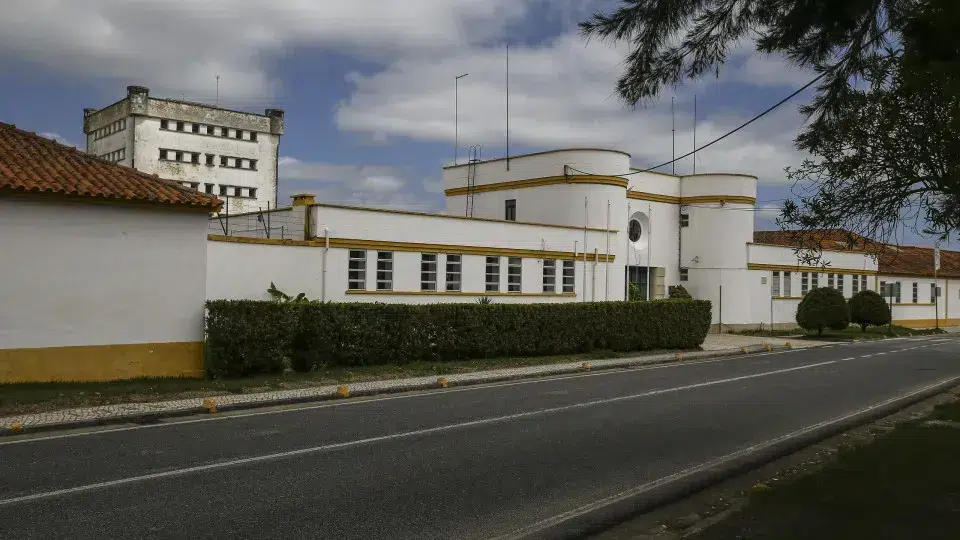
The 2024 Annual Report on the Situation of Child and Youth Care (CASA), released in a statement by the government, indicates that 88.5% of children and young people at risk remained in their natural living environment, with only 11.5% placed in care.
“The government’s efforts to ensure responses that are closer to family environments, allowing for more normalized experiences, resulted in a reduction of about one hundred children and young people needing care, decreasing from 6,446 in 2023 to 6,349 in 2024,” highlights the Ministry of Labor, Solidarity, and Social Security, which has already sent the report to the Ministry of Parliamentary Affairs for dissemination to parliamentary groups.
For the 6,349 children and young people in care in 2024, the average duration of stay was three years, marking a decrease of one month from the previous year.
The data show that the reduction in children and young people in placement mostly occurred in care homes (from 5,983 in 2023 to 5,678 in 2024), contrasting with a gradual increase in the number of children in family care (from 263 in 2023 to 361 in 2024) and in autonomy apartments (from 200 in 2023 to 310 in 2024).
The ministry emphasizes that these figures reflect “a clear trend towards deinstitutionalization of placement responses,” noting that family care has increased by 37%.
“There has been a strengthened focus on this alternative to institutionalization, allowing children to live with a family that ensures their safety, affection, and healthy development,” it states, recalling that the government launched a family care awareness campaign in 2024, leading to about 800 expressions of interest from families.
There was also a 55% increase in placements in autonomy apartments, which support the transition to adulthood for young people at risk aged between 15 and 21, aiding their autonomy process.
The underlying issues necessitating care remain consistent with previous years, with a lack of supervision and family support being predominant (21%), followed by exposure to deviant parental models (12%) and neglect at the educational level (11%).
Over 68% of children and young people who ceased care returned to their family (parents or other relatives), followed by integration into an adoptive family (17.2%). Almost 3% of young people left care for supervised autonomy.
The CASA Report aims to characterize children and young people in family and residential care situations.
In 2024, a total of 55,448 measures of promotion and protection were applied, with 11.5% being placement measures. The characterization presented in the CASA 2024 Report focuses on this universe of placement measures.
To compile this report, the voices of the children and young people in care, as well as their families, were heard, and the perspectives of care home professionals were considered through questionnaires directed at each participant.




